An Overview of Biotechnology
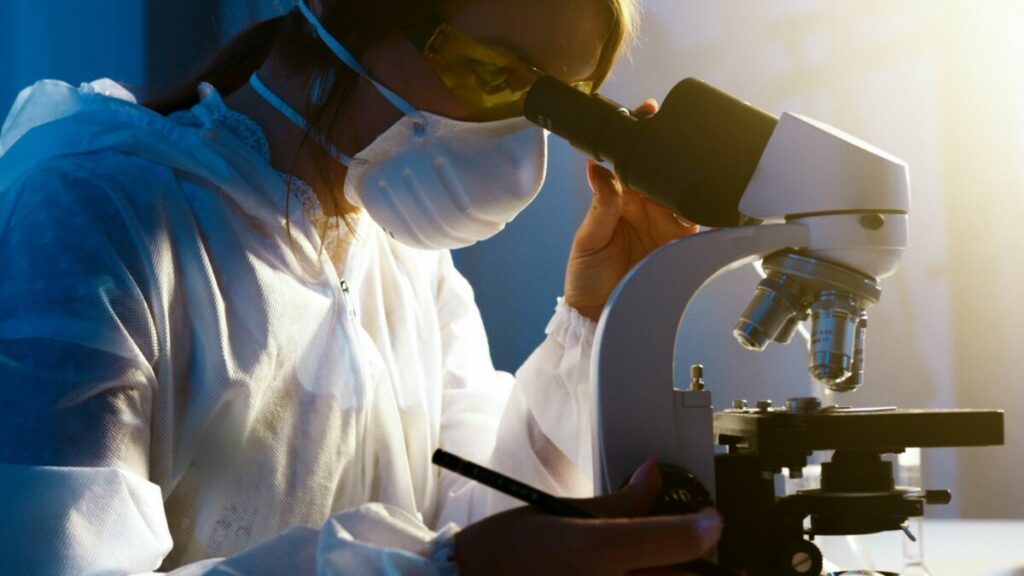
As its name suggests, biotechnology brings the fields of technology and biology together. Karl Ereky first coined the term biotechnology in 1919. Ereky described biotechnology as the process of using technology to convert biological material into a useful product. Nowadays, biotechnology can be defined as the use of living cells, organisms, and biomolecular processes to research and develop products and technologies. The products and technologies developed by biotechnology are usually focused on improving public health or protecting the environment. this article will focus on the involvement of biotechnology in the healthcare industry.
Beginnings of the Biotechnology Industry
To fully understand how the healthcare industry uses biotechnology, it is helpful to rewind to the start and discover more about the beginnings of biotechnology research.
The discovery of the fermentation process is one of the first known uses of biotechnology. Fermentation has been used by civilizations throughout history, but it was not until 1857 that the biochemistry of the process was fully understood. Through the work of Louis Pasteur, the world learned that fermentation was a metabolic process whereby sugars turn yeast into alcohol. Pasteur’s most famous work, the development of the pasteurization process, is another notable example of early biotechnology and innovation. Pasteurizing liquids by heating them to eliminate bacteria and prevent disease when the liquid is ingested is an early biotechnology process that is still used today.
How is Biotechnology Used in Medicine?
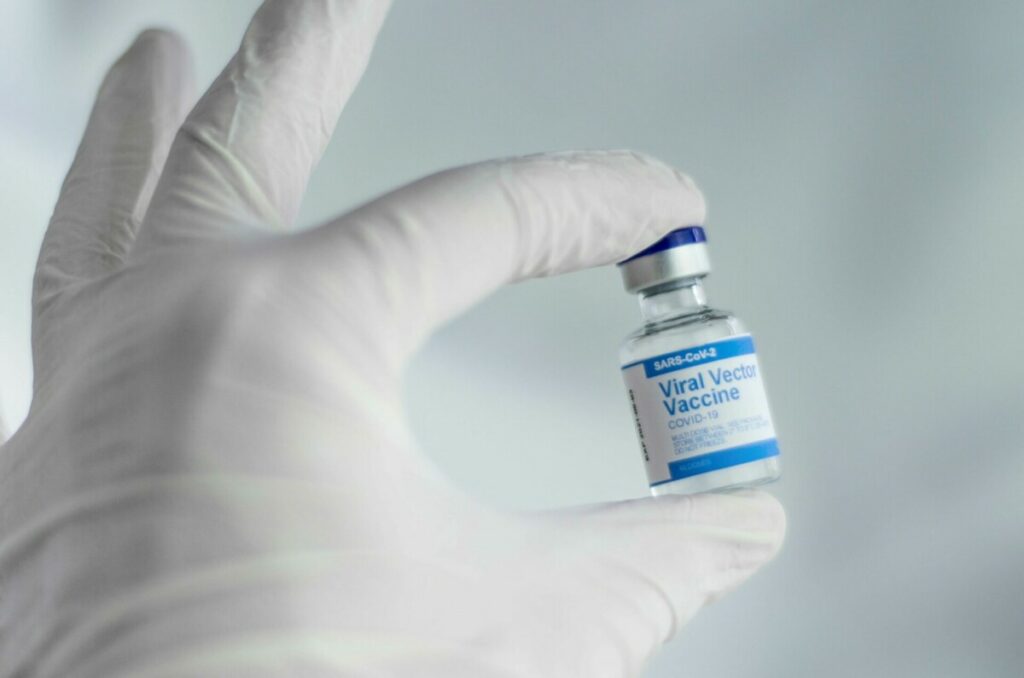
While biotechnology may be a term that few people are familiar with, it impacts the lives of millions globally each day. One of biotechnology’s main focuses is human health. So, how does the healthcare industry use biotechnology?
Biotechnology companies use their research for various purposes related to improving human health. Medical biotechnology involves the study of human cells to further understand the human body and its processes, such as how the immune system responds to infectious diseases. Here are some of the main uses of biotechnology in the healthcare industry:
Diagnosis of Disease
In recent times, one of the main areas of development in the healthcare industry is the ability to diagnose diseases quickly and with accuracy. This development of diagnostic tools plays a crucial role in preventative medicine. Examples include identifying high LDL cholesterol levels through a simple skin prick test and detecting infections via blood culture testing, enabling antibiotics to be administered before the infection becomes more serious.
Vaccinations
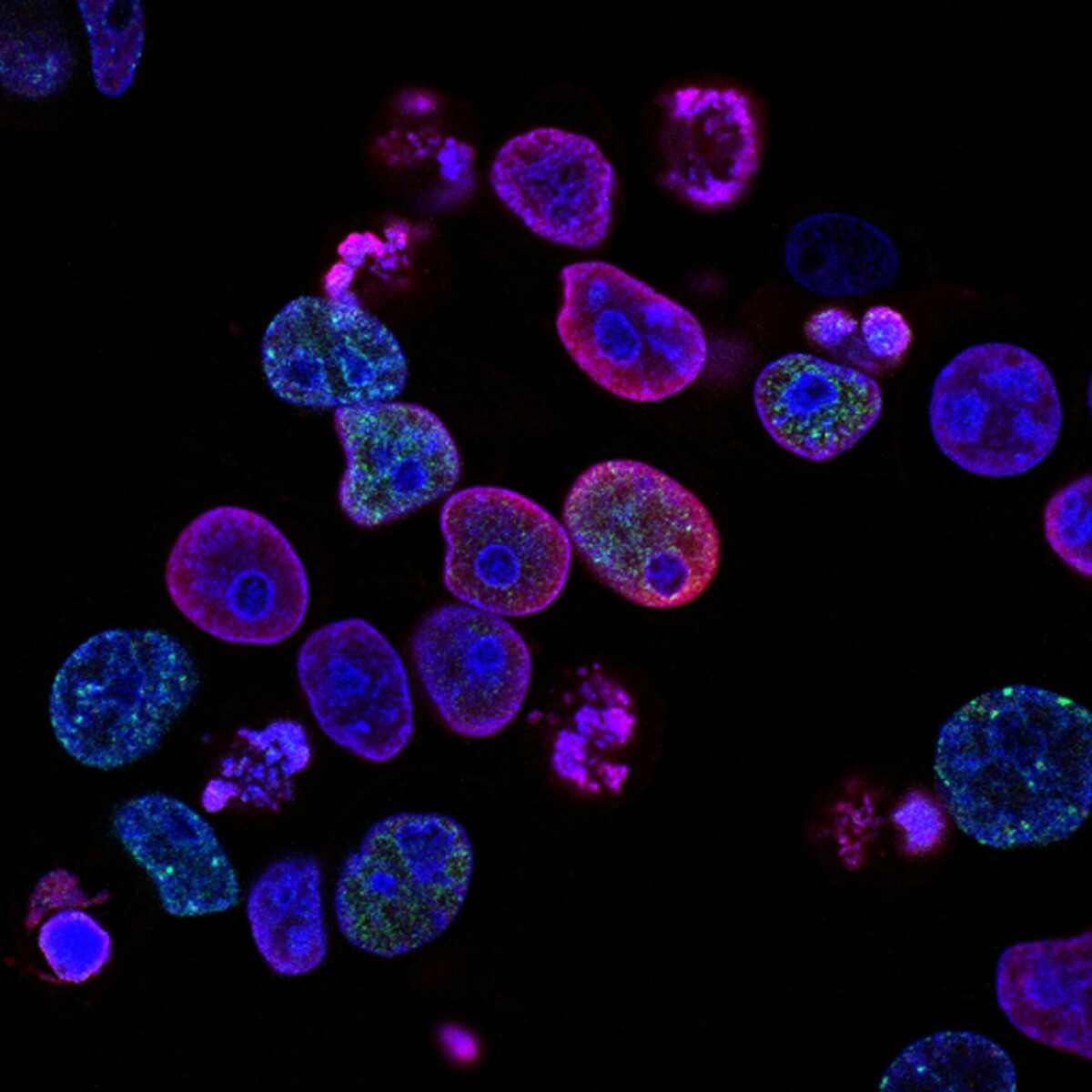
Thanks to advancements in biotechnology, many previously severe illnesses have been almost entirely eradicated. The development of vaccines by biotech firms has protected against serious diseases such as tuberculosis, polio, and diphtheria.
Recombinant DNA Technology
Recombinant DNA technology (rDNA) has been at the forefront of modern biotechnology and has played a significant role in developing many therapeutics used to treat diseases. rDNA technology enables scientists to isolate segments of DNA for further study by placing them in a bacterial or yeast cell. The cell will then copy the DNA along with its own to create proteins used to treat many medical conditions. rDNA is used in the creation of insulation for diabetes patients. Gene editing technology is also used to develop CRISPR, a new treatment for cancer patients that can target and destroy cancer cells.
Genetic engineering could potentially benefit cancer patients and will also play a role in eliminating genetic diseases.
The Importance of Biotechnology in Medicine
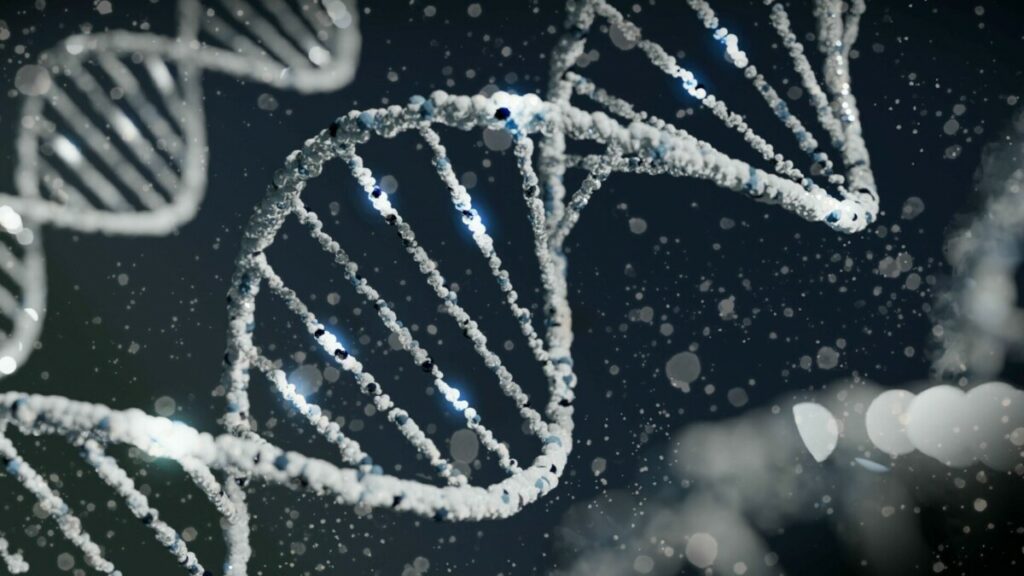
There is no doubt that biotechnology has saved the lives of millions of people since its inception. The progress made in diagnosing and treating diseases has accelerated at an incredible rate over the past three decades.
If a reminder of the importance of the work of biotechnology companies is needed, we need to look no further than the biotechnology industry’s response to the Coronavirus pandemic. Working under pressure and to a tight timescale, the biotechnology industry contributed to the efforts to thwart the COVID pandemic in two main ways. Firstly via the development of diagnostic tools to detect the presence of the virus in potentially infected individuals. Secondly, the development of the Coronavirus vaccines designed to minimize the severity of the disease in those affected. The rapid development of the vaccine was possible due to the collaborative efforts of the FDA, the European Medicines Agency, and biotech companies. The World Health Organization (WHO) reports as of August 17, 2022, 12,409,086,286 vaccine doses have been administered.
The Future of Biotechnology in Medicine
The potential for biotechnology in medicine is limitless. With continued investment and advances in research techniques, the future of biotechnology in medicine could impact human health in ways that are currently unimaginable. With biotechnology playing a fundamental role in discovering cures for common illnesses, eradicating many diseases remains a possibility that could occur in the future.
According to figures from Grand View Research, the global biotechnology market was estimated to be worth USD 1,372.06 billion in 2022. However, due to the demand for services provided by the biotechnology industry, revenue forecasts expect its market share to expand to USD 3,879.51 billion in 2030. This demonstrates the continued need for biotechnology and its importance in the future.
While the future of biotechnology in medicine is bright and promises many innovations that will benefit humankind, the question of ethics is ever-present. Balancing the vast potential in biotech areas, such as recombinant DNA, with respecting the natural order of things will always be controversial.
If you want to learn more, The Future of Genome Editing video from the For Your Innovation podcast in conversation with Professor David Liu provides further insight into the future of biotechnology in medicine.
Conclusion
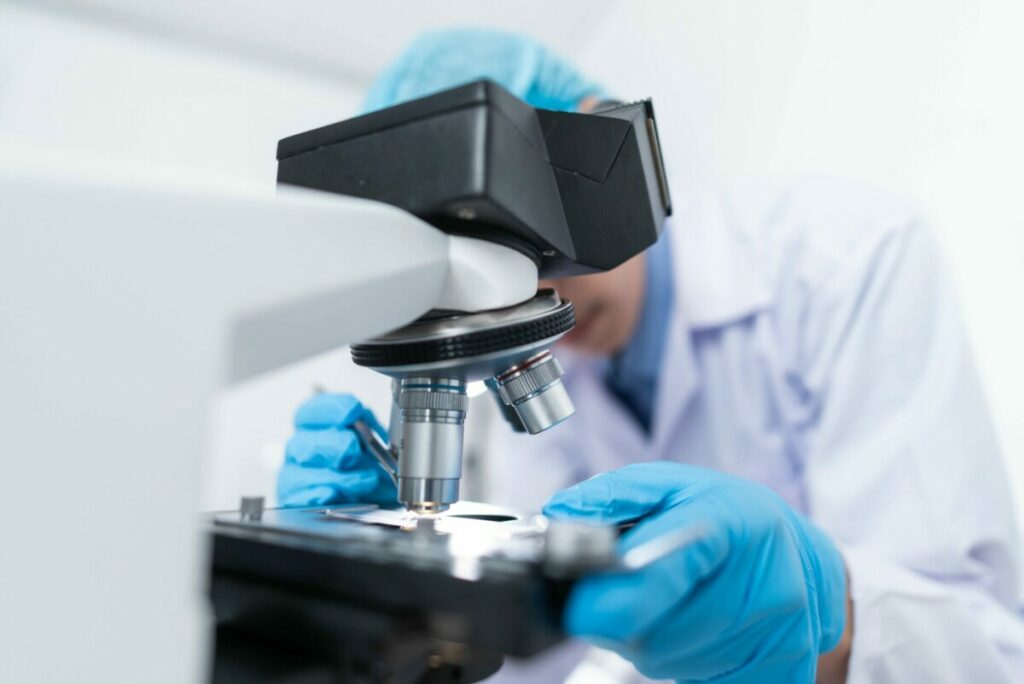
Biotechnology remains a fast-growing area and is an industry that is expected to continue to thrive in the future. Humans will always need diagnostic tools and therapeutics to identify and treat diseases, so biotechnology will always be in demand. To date, biotechnology innovations have been responsible for saving lives and protecting the health of almost everyone on the planet, even eradicating diseases that would have been fatal in the past.


